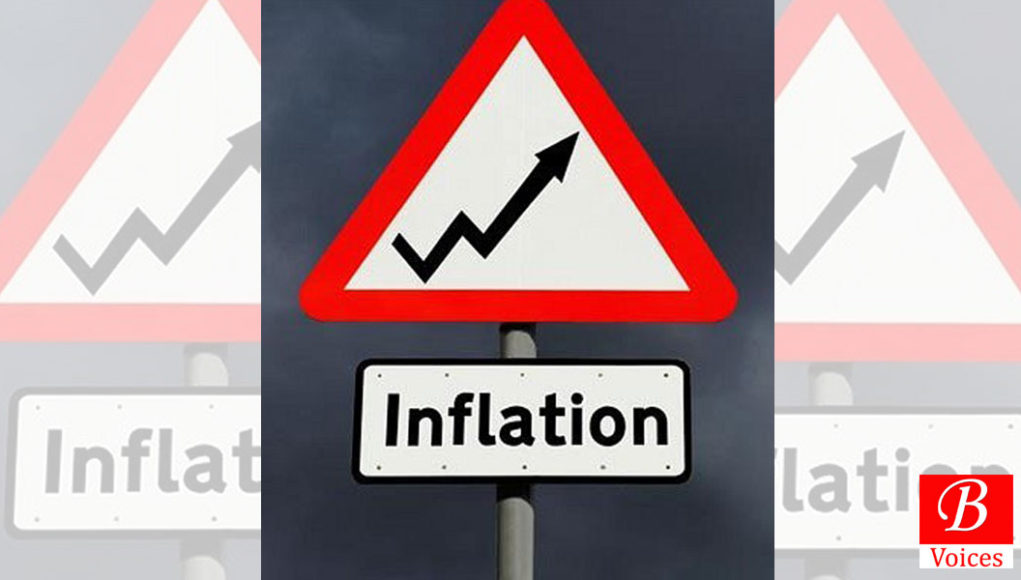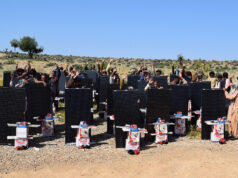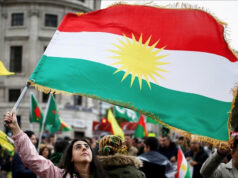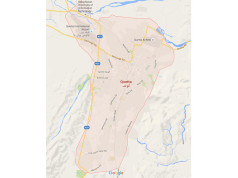Mudasir Mehmood
Whenever there is a mention of inflation, there are different views emerged whether it is the current regime or the previous one. Inflation has been mentioned in every era. And this debate has become a matter of routine from the gentlemen sitting in the tea houses to the members of the assembly but the debate has been limited to the debate only and no action has been taken to date.
If we look out at the current situation, it is clear that unlike many previous governments this time around we have seen a record rise in inflation. However, it is a unique decision of the present Government to increase the price of petrol at midnight and also on the occasion of New Year. An increase of up to one or five rupees will not be an effect on the upper class but it is no less than a bomb on those living below the poverty line Even Inflation always had an effect on them.
Coincidentally, when a shopkeeper was asked about rising prices, he was disappointed and said that it has become difficult to run a shop with each passing day.
It is becoming impossible to do business we are facing many problems due to increase in taxes, inflation, dollar, we are unable to sale it is getting more hard to get profit for our self-inflation is not only the price of petrol or groceries but also the constant rise in electricity and gas bills which has affected the lives of the common man making it more and more difficult to make a living. People are disappointed. There is fear, anxiety, and uncertainty. The people have great faith in their leader. This anxiety is inevitable when we hear something about the leader.
People are tired. I didn’t see anyone waiting for any good news. This is what is written on the faces every morning, what will happen now?
When Nawaz Sharif was disqualified in July 2017, one US dollar was worth 104 rupees and today in five years the value of the dollar has increased by about 70 rupees. If the dollar had not risen, petrol would have been selling at Rs 68 today instead of Rs 148 a liter. It seems that the biggest reason for the rise in inflation is the sharp depreciation of the rupee.
What does the government have to do to control inflation according to a media report last year in the month of October in an interview Dr. Hafeez Pasha said according to the government data, the inflation rate in the country is 9% but according to his own research it is close to 11% to 12%. According to him, after the recent rise in prices of electricity and petroleum products, the inflation rate in Pakistan will be around 14%. He said that in order to control inflation, the government would have to increase the tax net to increase its revenue, on the other hand, it would have to reduce the pace of expenditure while reducing the development budget. Interest rates will have to be raised, the currency will have to be further devalued, and additional duties will have to be imposed on unnecessary imports.
However, looking out all these issues of inflation in every era we just see and report them but still, the reason behind inflation is attached or leads towards the Corruption that is just only one percent there is a lack of facilities to be reported in all over province unemployment, Suicide’s due to inflation for much of Pakistan’s history, inflation has been moderate, with two noticeable exceptions: 1972-76 and 2008-14, both of which coincided with record-high international oil prices; and accompanied public or private spending booms. Although inflation has picked up in the past few months and is now in the upper single digits, its level is still low by recent historical standards.
In sum, inflation is a multi-source problem. It has been high, but manageable, in Pakistan. But because it affects the poor disproportionately, the government must continue to take structural measures to keep it low and to compensate the poor via lifeline tariffs and cash transfers for any temporary surges.
Disclaimer: Views expressed in this article are those of the author and Balochistan Voices does not necessarily agree with them.
Share your comments!








